Lit Reviewer - AI-powered literature review
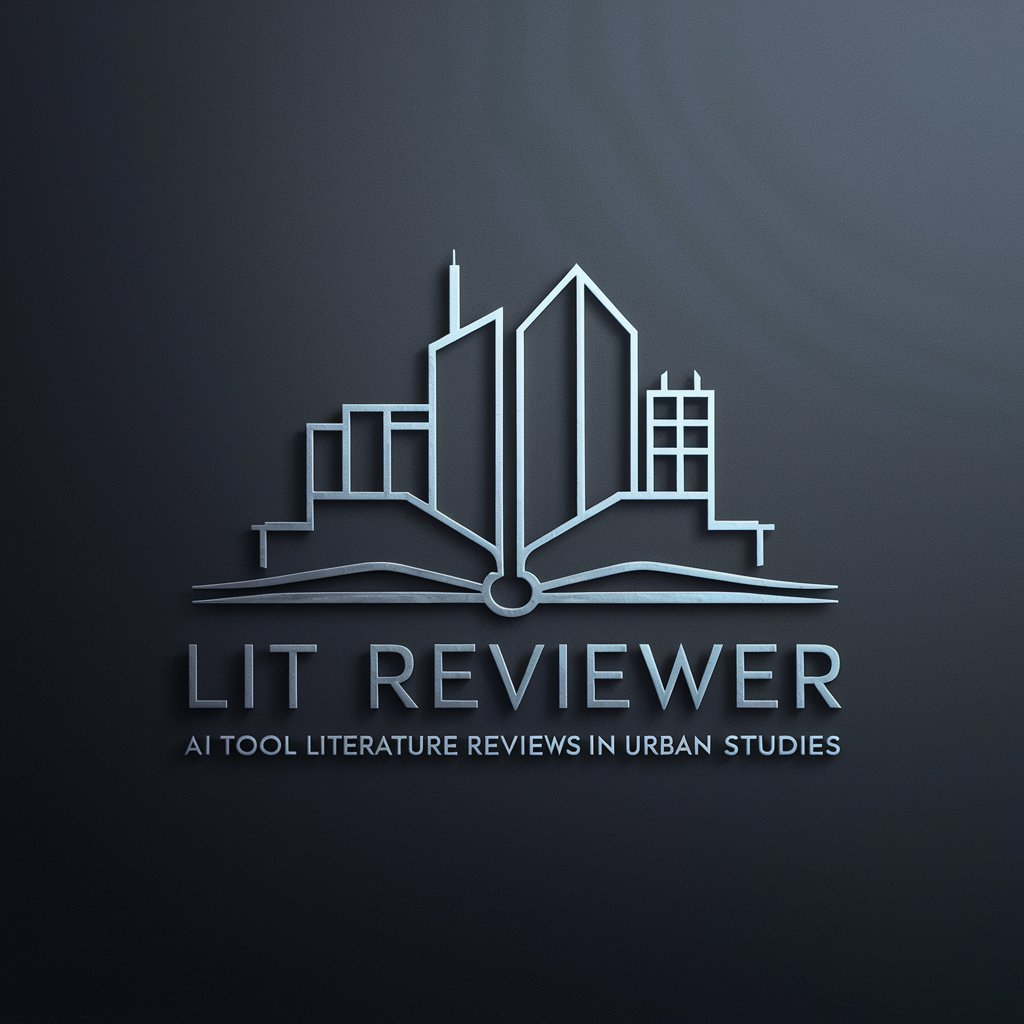
Welcome! How can I assist you with your literature review in urban studies today?
Revolutionizing urban studies with AI
Summarize the key findings from the literature on urban population density.
Describe the methodology used in recent urban environment studies.
Outline the primary parameters considered in urban studies research.
Explain the implications of recent research on urban population and environment.
Get Embed Code
Introduction to Lit Reviewer
Lit Reviewer is designed as a specialized tool to assist with literature reviews specifically in the field of urban studies. Its core functionality revolves around analyzing academic papers, focusing on summarizing the content, detailing methodologies, outlining study parameters, explaining conclusions, and assessing the relevance to urban population density and environment. This tool adheres to the rigor of academic standards, ensuring that the summaries and analyses it provides are precise and strictly derived from the content of the papers without assuming or interpreting beyond what is stated. For example, in reviewing a study on urban green spaces, Lit Reviewer will extract and summarize key findings, detail how the research was conducted, outline the geographical and demographic parameters used, interpret the conclusions, and evaluate the implications for urban environmental planning. Powered by ChatGPT-4o。

Main Functions of Lit Reviewer
Summarizing Research Papers
Example
For a paper on the impact of urban sprawl on local ecosystems, Lit Reviewer would provide a concise summary of the research objectives, key findings, and the significance of the results.
Scenario
This function is particularly useful during the initial phases of a research project when researchers are gathering and synthesizing relevant studies to build a theoretical framework or justifying the need for new research.
Detailing Methodology
Example
If analyzing a study using GIS technology to map urban heat islands, Lit Reviewer would meticulously describe the techniques and tools used, such as the types of satellite imagery and data analysis software.
Scenario
This detailed breakdown helps researchers understand the technical aspects and replicability of the study, which is crucial for methodological reviews or when planning similar research.
Outlining Study Parameters
Example
In a study on pedestrian traffic patterns in urban centers, Lit Reviewer would outline parameters such as the time frame of data collection, specific locations studied, and the demographic characteristics of the study population.
Scenario
This function aids researchers in assessing the scope and applicability of the study to different urban contexts or in identifying gaps that might be addressed in subsequent studies.
Explaining Conclusions
Example
For research on the efficacy of low-emission zones in reducing air pollution, Lit Reviewer would elaborate on how the conclusions were drawn, supported by data, and what these findings imply for policy-making.
Scenario
This is critical for researchers and policymakers to understand the implications of the study and to apply its findings to policy development.
Assessing Relevance
Example
Considering a paper on affordable housing and its impact on urban density, Lit Reviewer would evaluate its relevance to ongoing debates in urban planning concerning density policies.
Scenario
This helps researchers and urban planners to integrate findings into broader discussions on housing and urban form.
Ideal Users of Lit Reviewer Services
Urban Studies Researchers
Academics and students involved in urban studies who need to conduct comprehensive literature reviews as part of their thesis, dissertation, or research papers. They benefit from the tool's ability to distill complex information into accessible summaries and analyses.
Urban Planners and Policymakers
Professionals in urban planning or policy-making who require detailed analyses of studies to inform evidence-based decision-making. Lit Reviewer helps them understand the scientific underpinnings of policies and planning strategies.
Environmental Consultants
Consultants focusing on the environmental aspects of urban development can use Lit Reviewer to stay updated on the latest research findings and integrate these insights into their project proposals or advisory services.

Using Lit Reviewer: Step-by-Step Guide
Step 1
Visit yeschat.ai for a free trial without login, also no need for ChatGPT Plus.
Step 2
Select 'Lit Reviewer' from the available tools to begin analyzing academic literature in urban studies.
Step 3
Upload or paste the text of your research paper into Lit Reviewer to receive a detailed analysis.
Step 4
Review the summarized content, methodology, and conclusions provided by Lit Reviewer to understand the core insights.
Step 5
Utilize the extracted data to enhance your research or academic writing, ensuring accuracy and relevance in your work.
Try other advanced and practical GPTs
Profe de Ingles de Papi
Empower your career with AI-driven English learning

POLI 338 Papi
Empowering Development Studies with AI
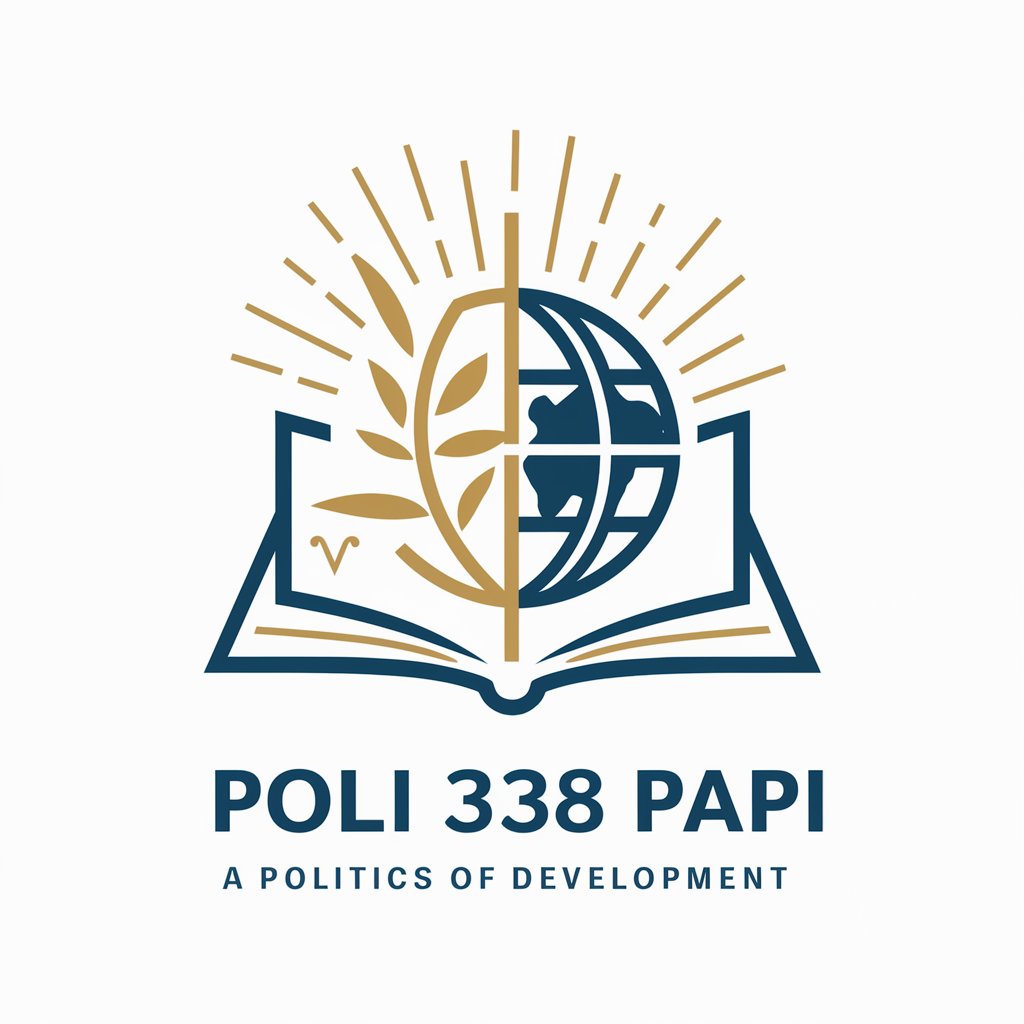
Papi CEO
Empowering Leaders with AI

Academic Manuscript Mentor
AI-driven scientific manuscript refinement tool

Manuscript Mentor
Empowering Writers with AI Innovation
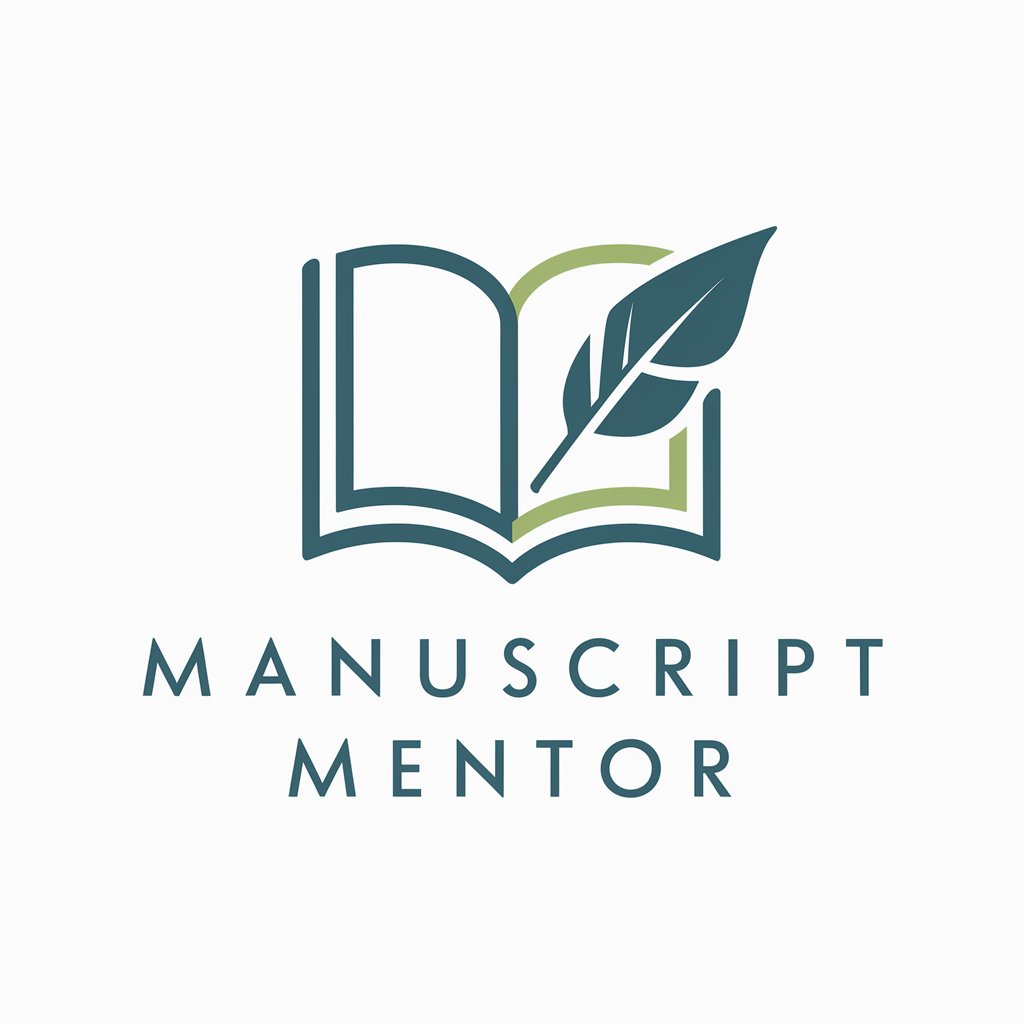
Manuscript Mentor
Refine Your Words with AI
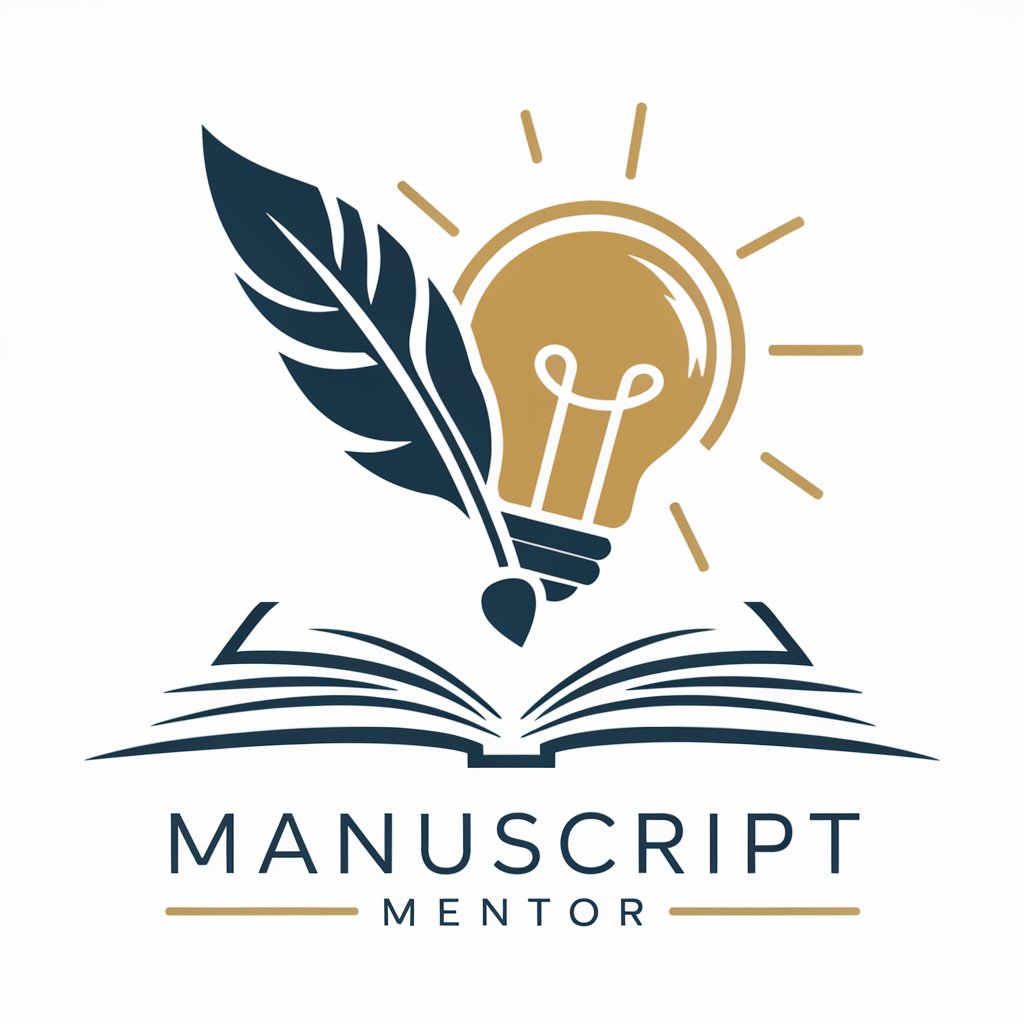
Podcast Papst
Elevate Your Podcast with AI-driven Insights

Астро-Мутант
Explore the cosmos with AI-powered astrology

Fresher's Jobs
AI-driven Job Hunting Support

Game Crafter
Unleash Creativity in Game Design

⭐⭐⭐ MIDI Drum Studio ProⓅ
Craft Your Beats with AI-Powered Precision

PMAX & RSA AdCraft GPT - Google Ad Expert
Optimize Ads with AI Precision
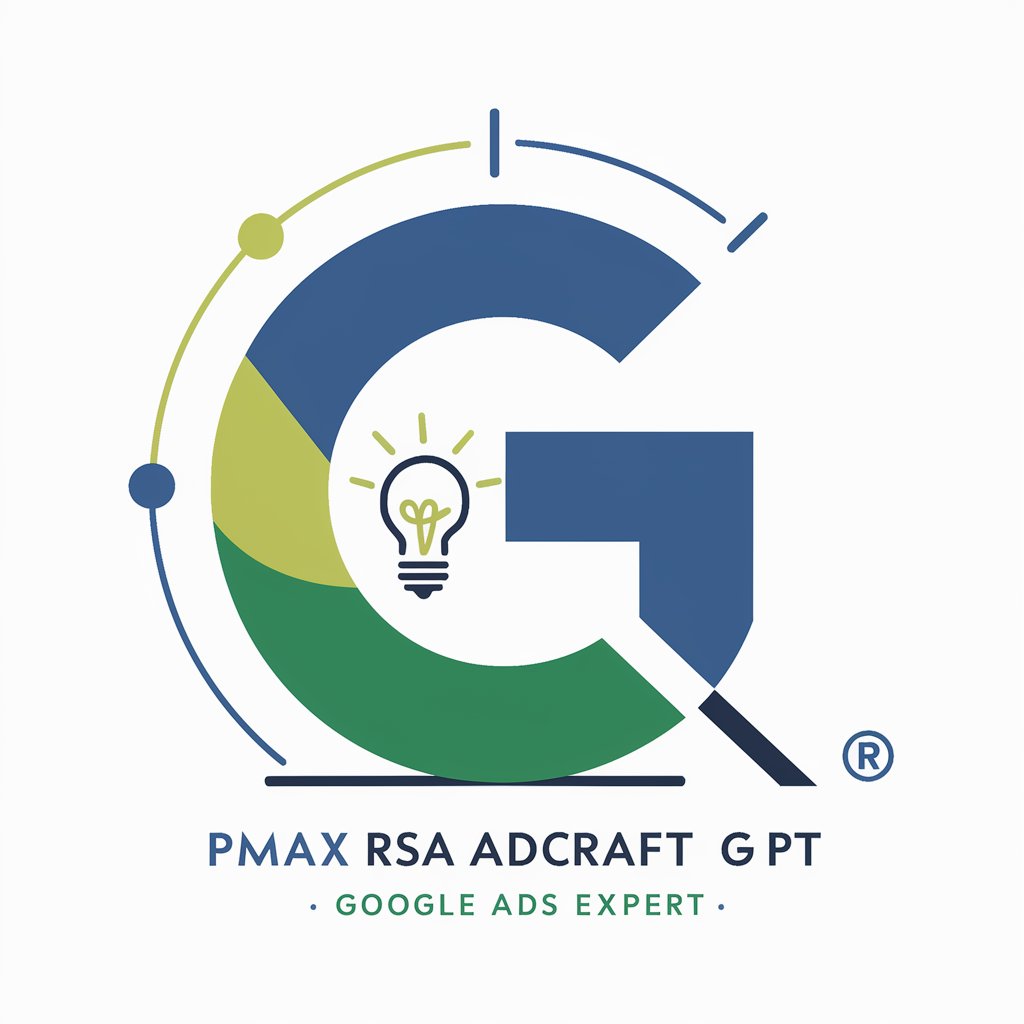
Frequently Asked Questions about Lit Reviewer
What is the main purpose of Lit Reviewer?
Lit Reviewer is designed to assist users in conducting literature reviews specifically in the field of urban studies, focusing on summarizing papers, detailing methodologies, and assessing relevance to urban population density and environment.
Can Lit Reviewer handle documents in languages other than English?
Currently, Lit Reviewer is optimized for English-language texts, ensuring the most accurate analysis and summarization of research papers in urban studies.
How does Lit Reviewer ensure the accuracy of the content it generates?
Lit Reviewer adheres strictly to the content of the provided research papers, using advanced algorithms to analyze and summarize without adding assumptions or interpretations.
Is Lit Reviewer suitable for undergraduate students?
Yes, Lit Reviewer is an invaluable tool for undergraduate students in urban studies, helping them understand complex academic materials and enhance their research skills.
What are the system requirements for using Lit Reviewer?
Lit Reviewer is accessible via web and requires no special software installations, making it easily accessible on any device with internet access.
